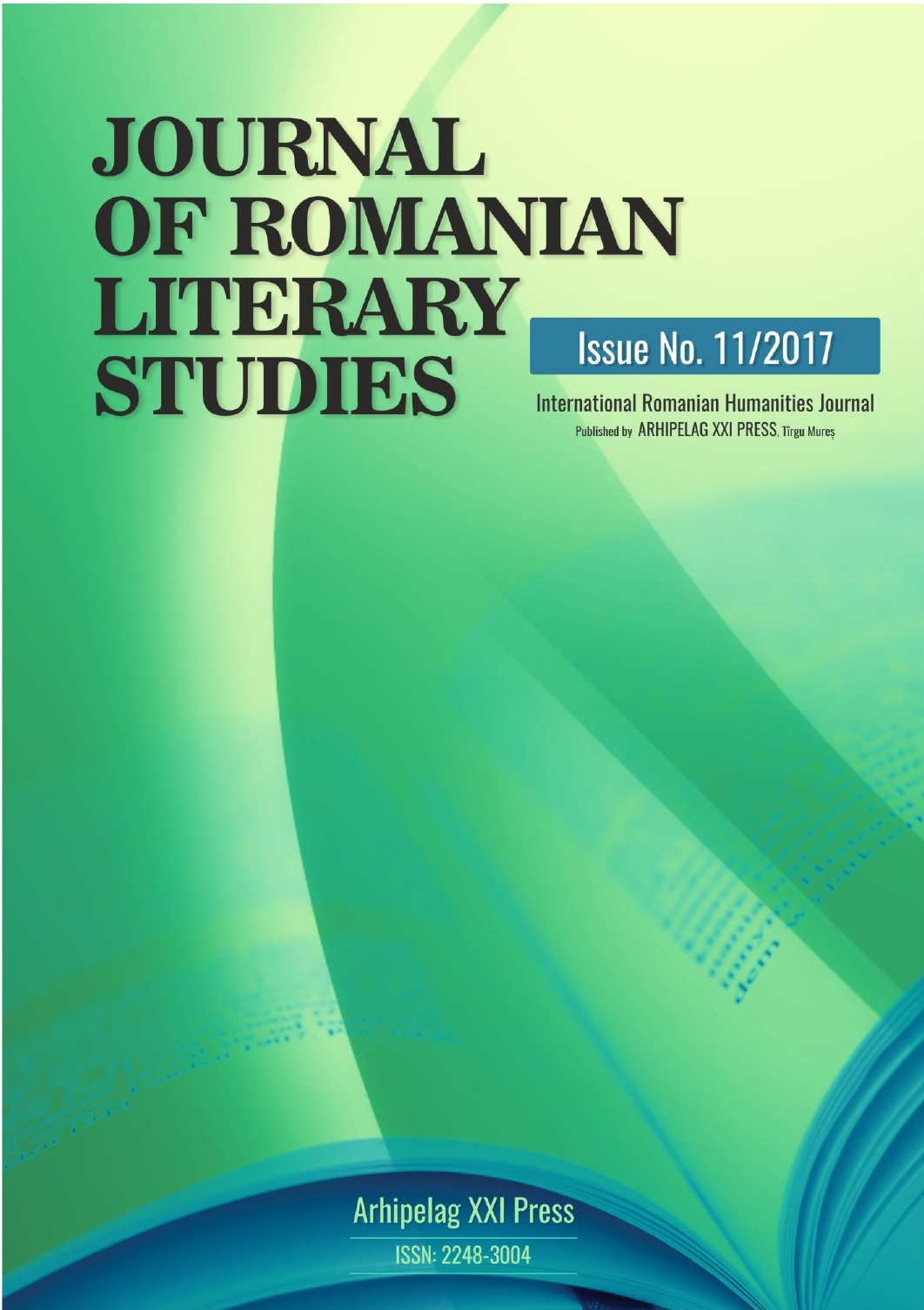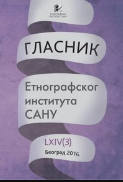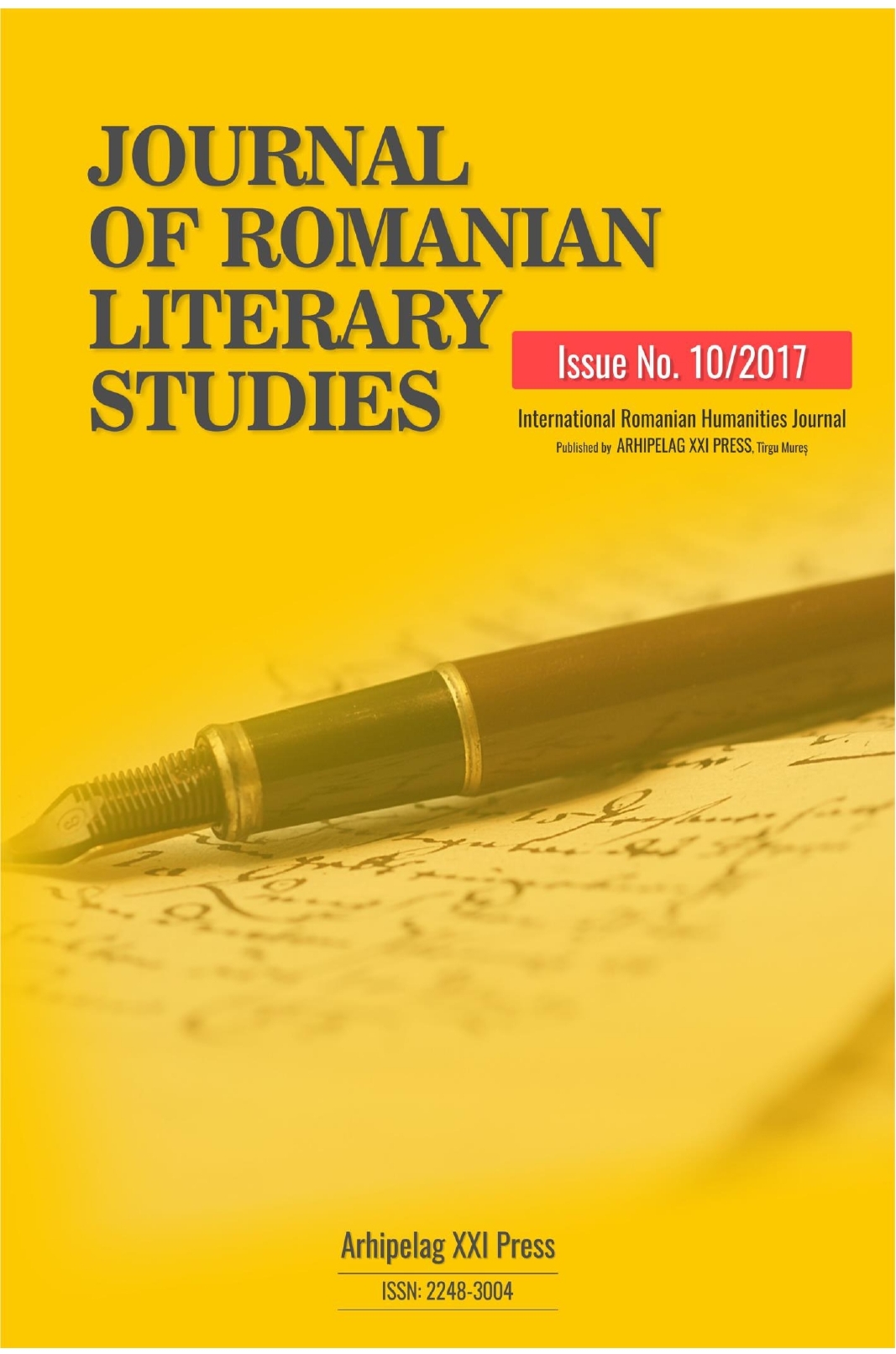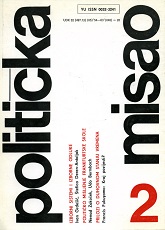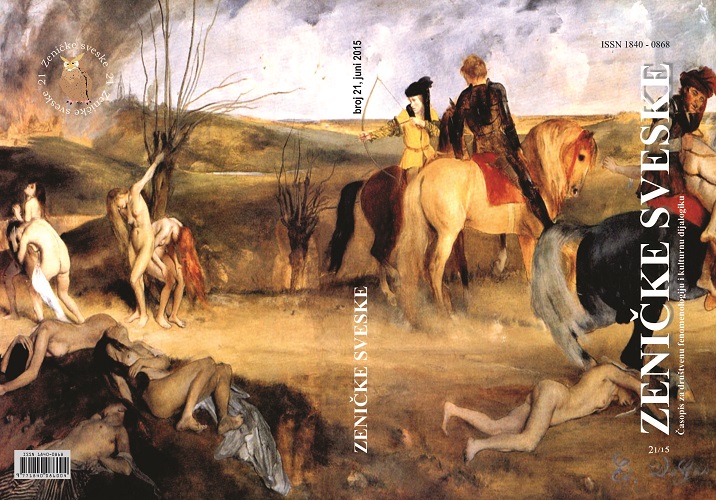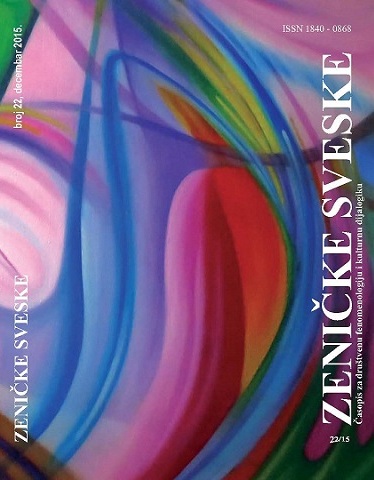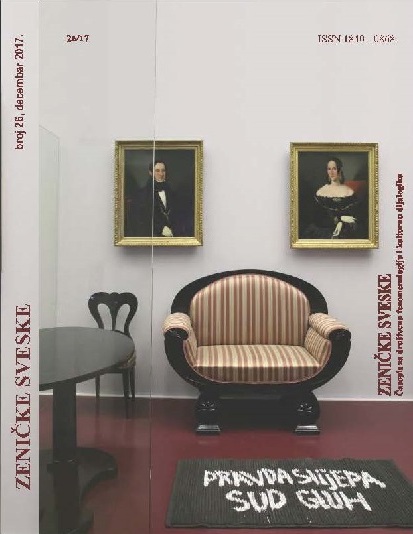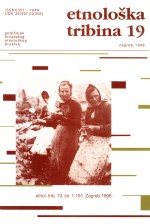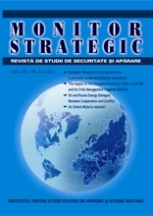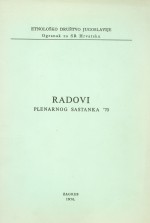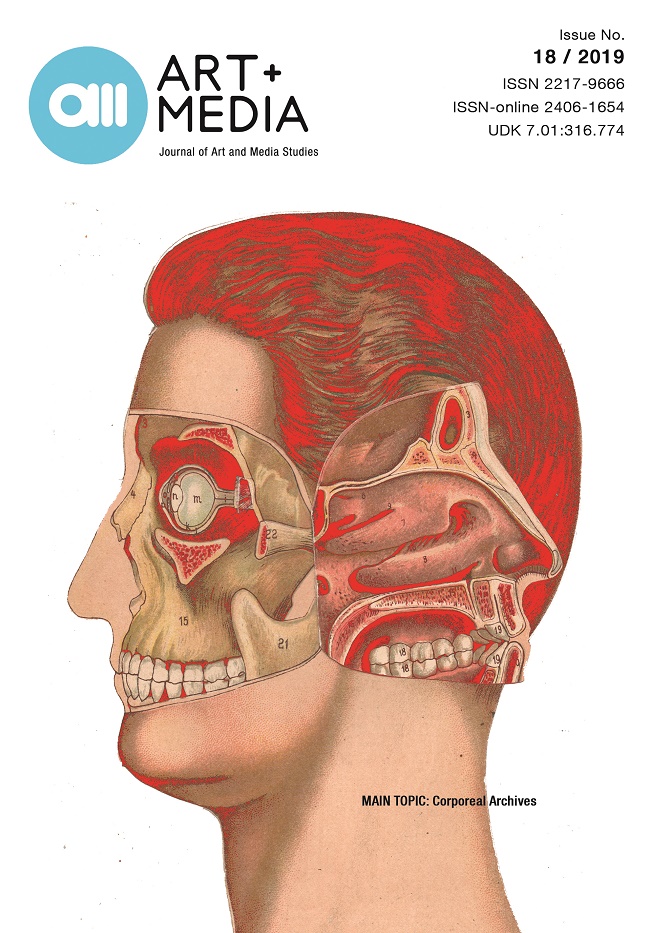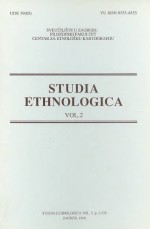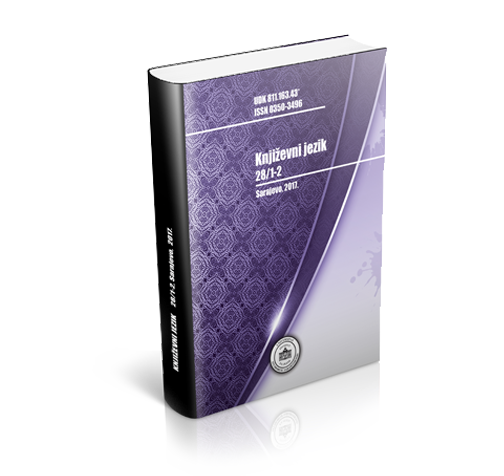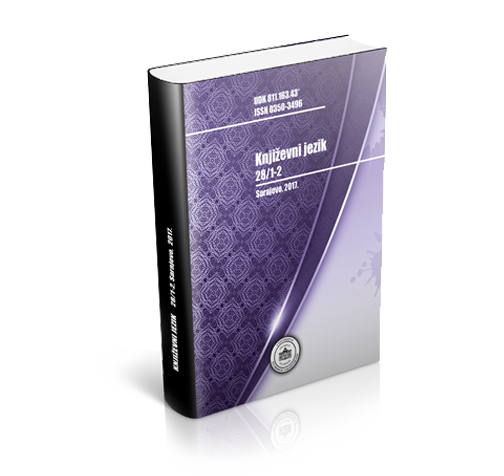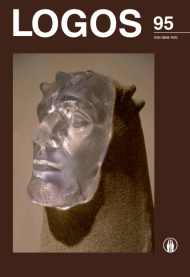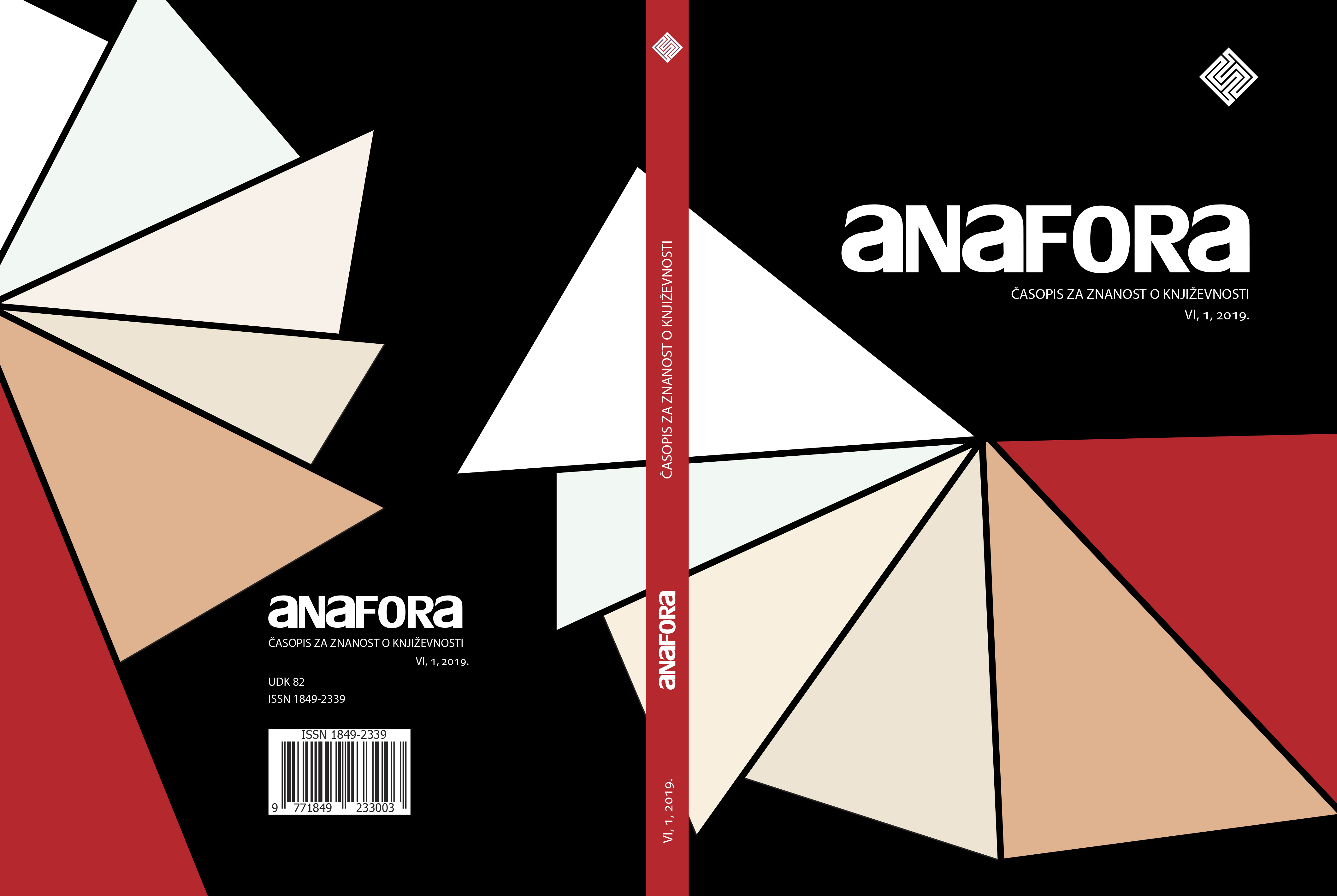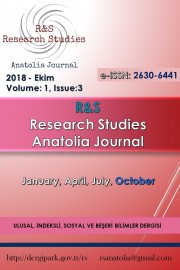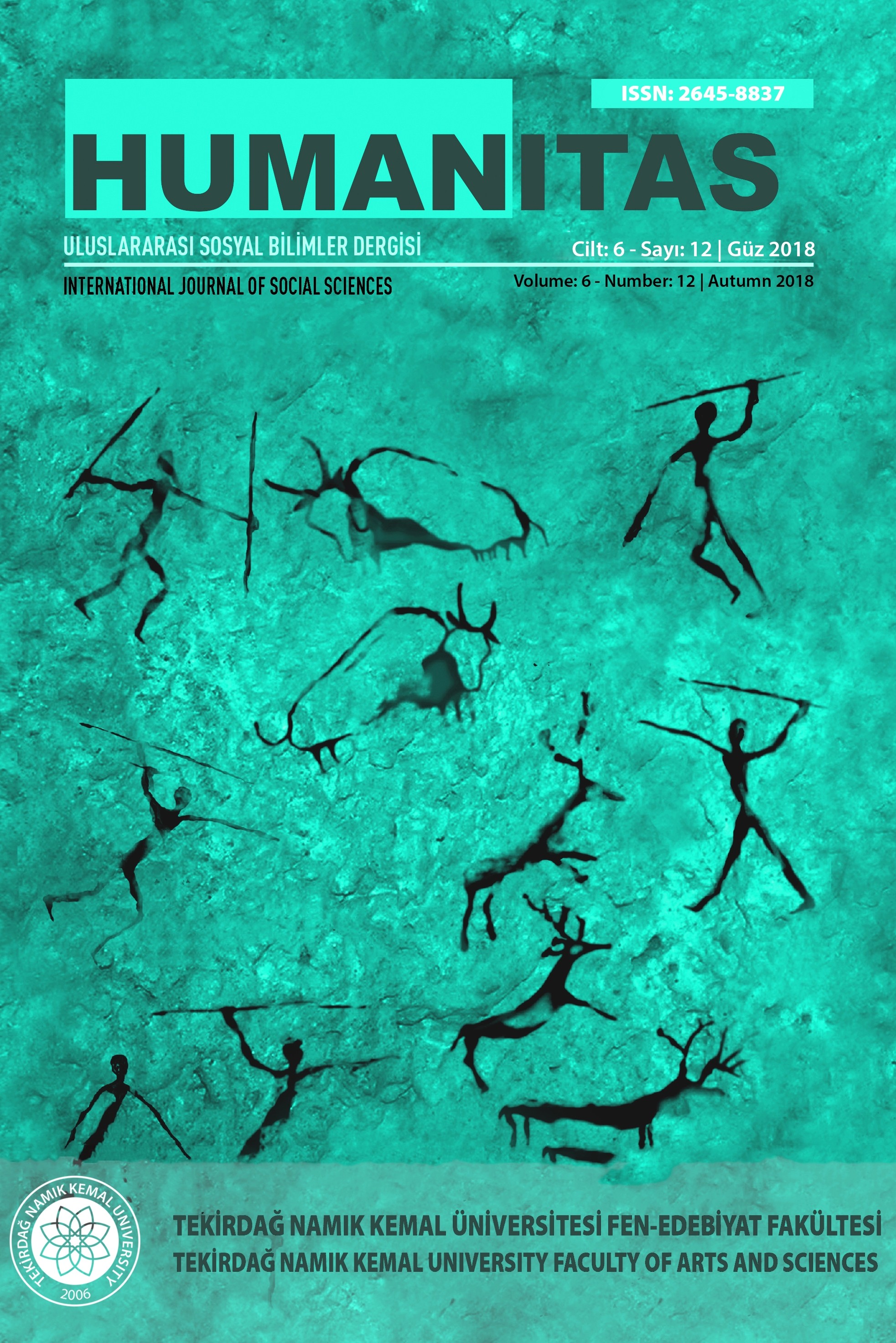
İhsan Oktay Anar’da Postmodern Bir Tercih Olarak Dilin, Yazım Kurallarına Aykırı Kullanımı
Postmodernism, meaning post or beyond modernism, claims that the values put forth by modernism have now lost its functions, suggesting also that promises of a better, more developed peaceful world and of humankind made happier with new developments in the economic and social life have not came true, that those optimistic goals and expectations have not constituted a remedy for exploitation, wars, many other destructive things, and that postmodernism is mostly in direct contradiction to modernism. Modernist elements such as purpose, hierarchy, centrality, border, determinism, certain kind, design, displayed are confronted by different or contrary elements of postmodernism such as coincidence, play, pluralism, hybridity, anarchy, exhibitant, intertextuality. It is possible to observe this attitude of postmodernism in architecture, painting, literature and other fields. Because this attitude in literature reflects upon the language of the works, it results in the ruling out of many syntax and grammar rules of the language. This can be observed more frequently in sections that techniques associated with postmodern literature such as pastiche, parody, collage are used. Our aim in this article is to first reveal the contradictory attitude of postmodernism against modernism, then to show its reflection on literature and literary language and finally, to present it by utilizing the works of İhsan Oktay Anar, namely Stories of Efrasiyab, Amat and Seventh Day. The Turkish Language Association Spelling Dictionary will be the basis for determining correct or incorrect (contradictory) spelling of these examples.
More...
